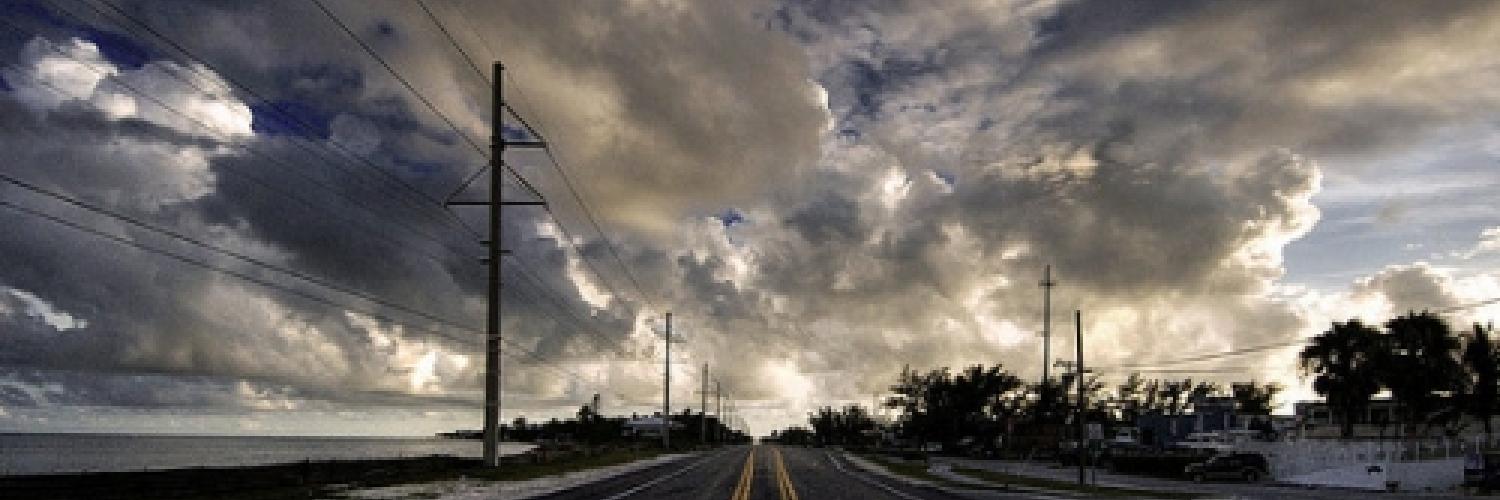How is the future perceived and governed in differing political systems? This research tackles this vitally important issue through a technique of discourse analysis which contributes to existing historiography. The project explores the post-9/11 world through a comparison of France, Russia and the US. These countries have responded differently to the challenge the future poses which will be studied via three policy areas (climate change, intergenerational justice, international security).
This research studies political speeches, analyses and interviews through Discourse Network Analysis. This method breaks new ground for academia. It draws on the most recent computational advances to increase our capacity for textual analysis. Shaping the future is also timely for society at large in a present of uncertainties and heated debates about the world of tomorrow.
The project’s primary aim is to recognise how present and past conditions impact on constructions of the future. This approach identifies how current political power structures condition the contested negotiations that establish the picture of the world of tomorrow.
Project Objectives
The research pursues four objectives.
1. Descriptive: Identify and assess the actors (governmental and supranational agencies, NGOs, private corporations) involved in the politics of the future and their positions.
2. Clarificatory: Evaluate what types of political interventions are considered appropriate for dealing with the future in the three policy fields.
3. Theoretical: Analyse and compare the ethical principles that sustain future directed political decisions.
4. Prescriptive: Bring out the extent to which differences in the political systems restrict how the future is conceived and what can be said and done about the future.
Three policy fields for which anticipations and scenario development are central in decision making are explored in detail. The policy fields vary, however, in the type of predictability and the time horizon that can guide decision making.
(1) Climate Change – Extrinsic Unpredictability: significant unanticipated shifts might occur in the predicted outcome of climate change because of external factors such as technological progress or the ‘tipping points’ (nonlinear threshold effects) caused by fundamental changes (e.g. melting of permafrost soil in Siberia). Confidence in predictive climate models remains generally high, despite controversies over their interpretation and consequences for humans. Politicians and NGOs act on supra-national, national and sub-national levels.
(2) Intergenerational Justice – Instance Unpredictability: controversies about how to deal with the uncertainties of tomorrow must account for a non-negligible likelihood of unanticipated developments which might fundamentally impact upon future conditions (e.g. migration, changing birth rates, disease). The choice of models and values on relevant variables is therefore much disputed amongst politicians, NGOs and experts. This political field is dealt with at the national and the sub-national level.
(3) International Security – Intrinsic Unpredictability: there is very little capacity to model this policy field, reflected in the awareness of a high degree of uncertainty in the political debates. Future developments are therefore discussed in terms of scenarios combining structural factors with anticipated changes of situation, and of the behaviour of actors. Questions of international security are largely addressed by supranational and national policies, although post 9/11 powerful sub-national actors have emerged.




